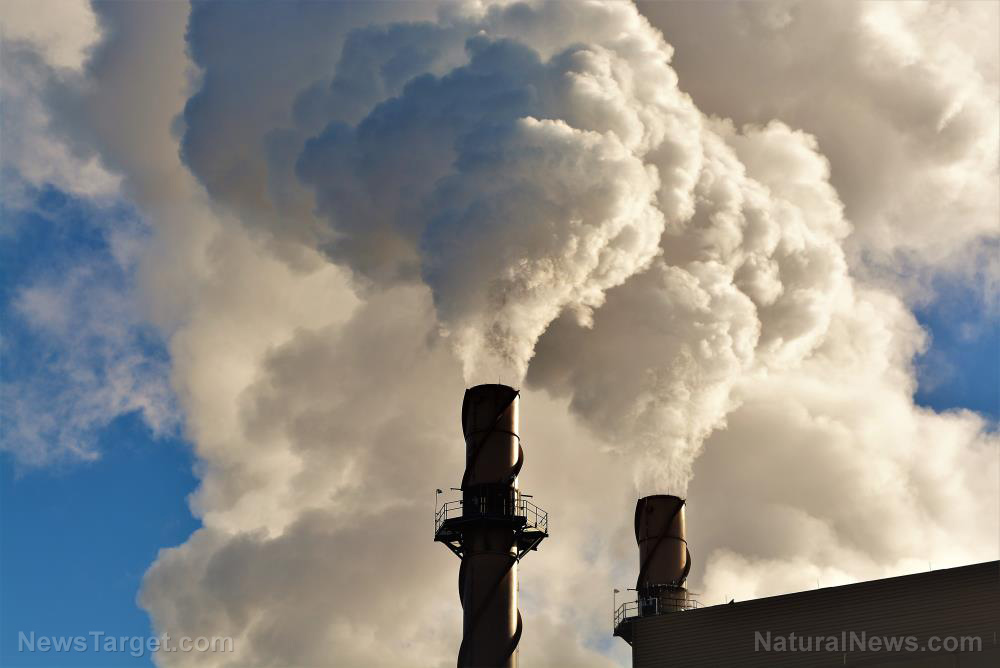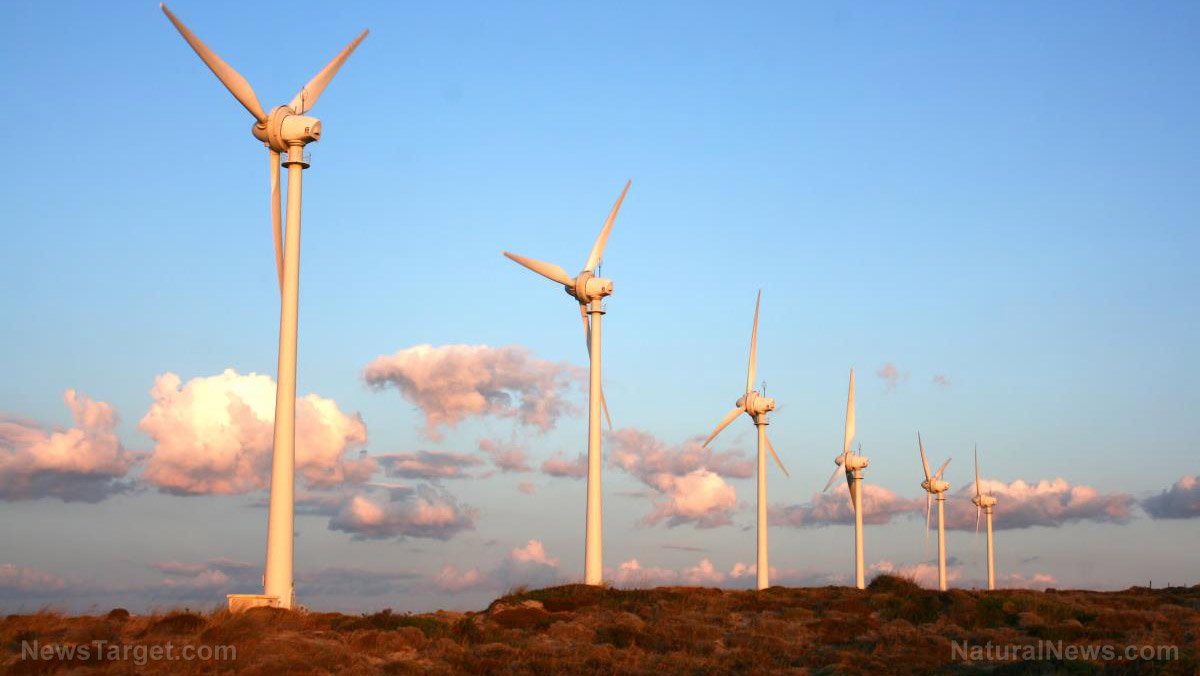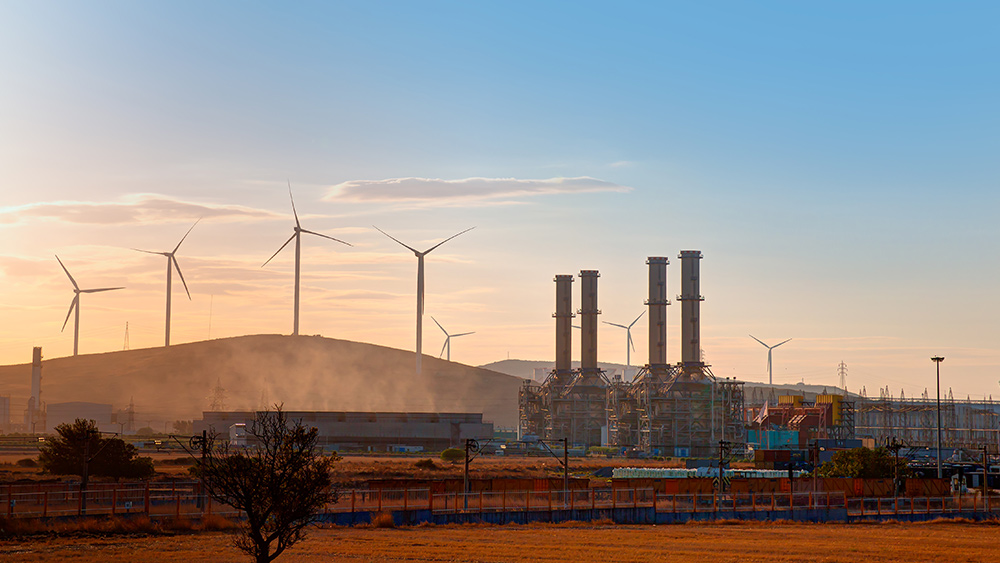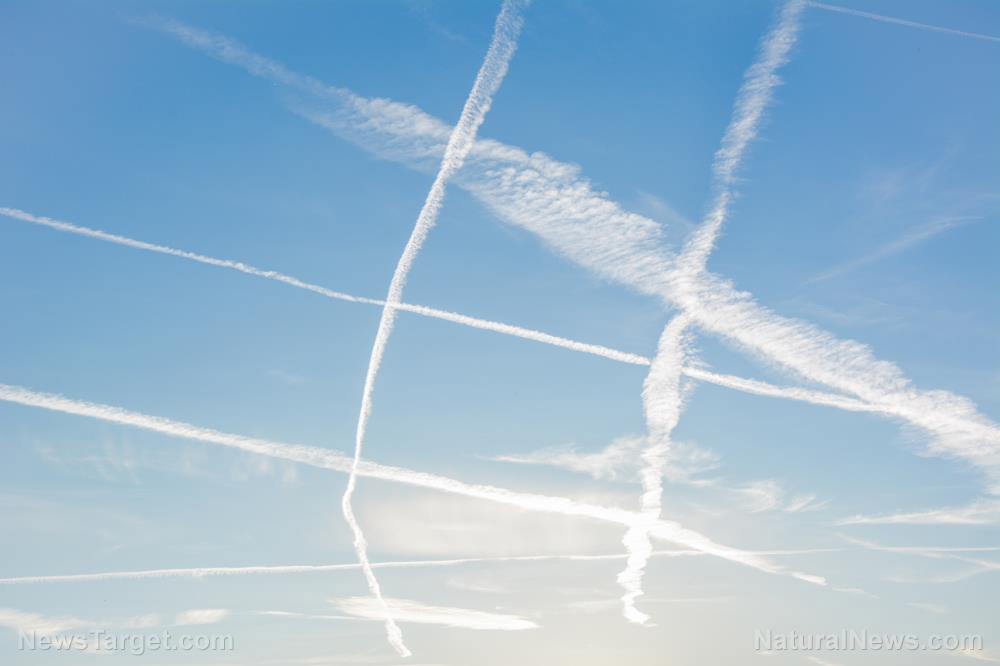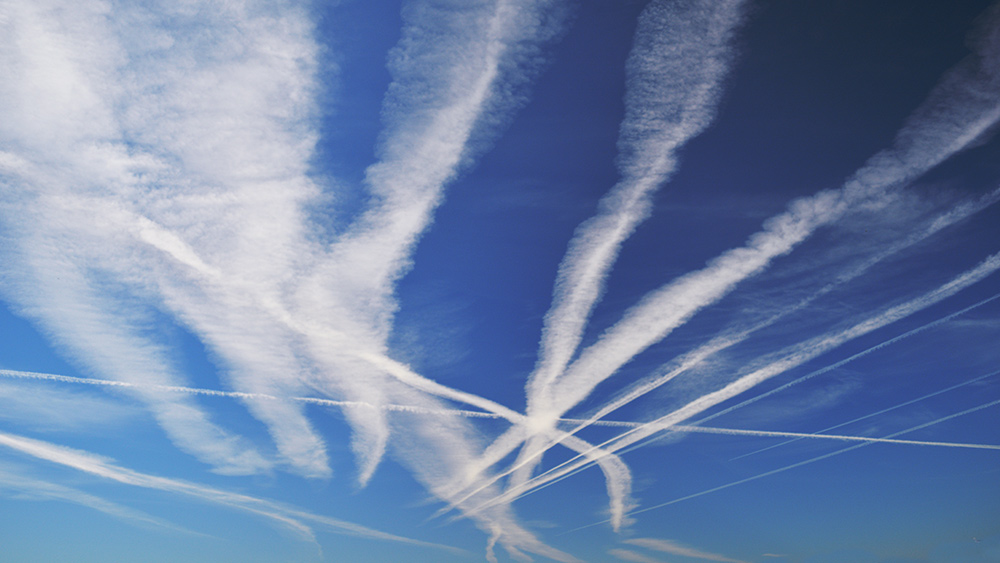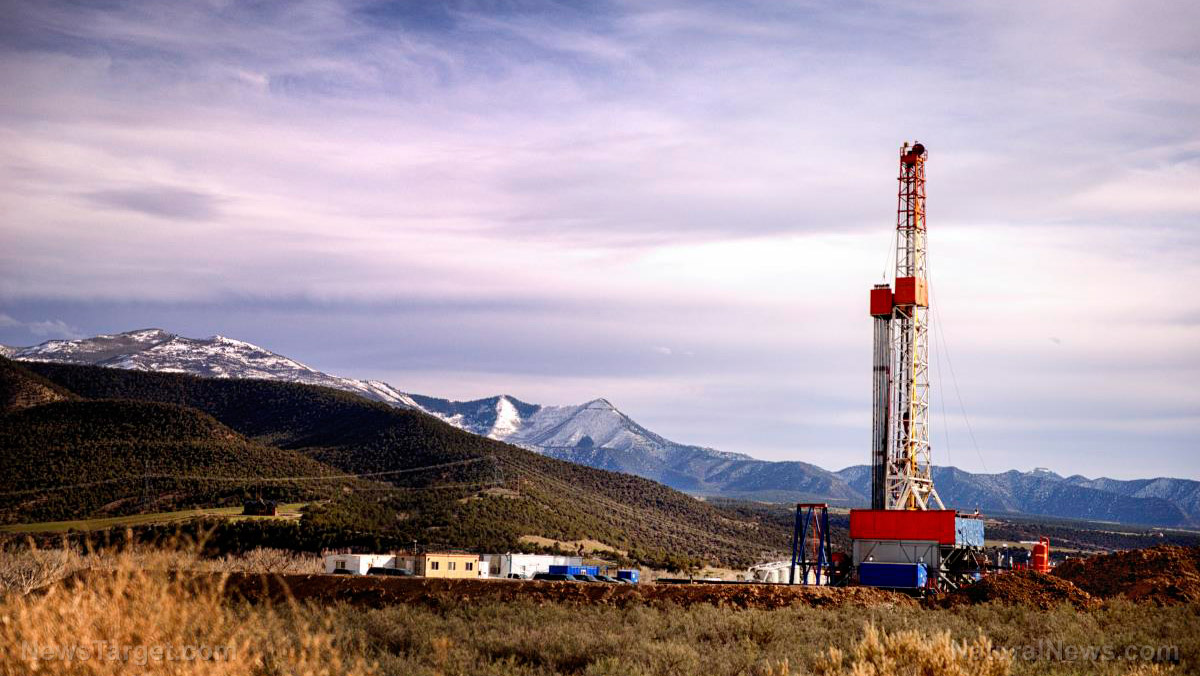Debunking the myth: Why “cow fart” vaccines will not solve climate change
02/15/2025 / By Willow Tohi

- A recent CNN article overstates the impact of livestock methane emissions on global warming. Methane is potent but short-lived, lasting only about 12 years compared to carbon dioxide’s centuries-long persistence.
- The article claims livestock is responsible for 30% of global warming, but this figure includes all sources of methane, not just livestock. U.S. beef production accounts for only 2% of greenhouse gas emissions, while agricultural crop production contributes 10%.
- The 2006 UN FAO report, which claimed livestock production was responsible for 18% of global greenhouse gas emissions, was later debunked due to flawed methodology.
- U.S. cattle farming has become more sustainable, with the dairy industry reducing its carbon footprint by two-thirds since the 1950s. Cattle also play a unique role in converting inedible plant materials into nutritious food.
- The “cow fart” vaccine is unnecessary and potentially harmful, misallocating resources and diverting attention from more significant sources of emissions. Focus should be on proven methods of environmental stewardship and sustainable agriculture.
In a recent CNN article, the idea of a vaccine to reduce methane emissions from cattle was presented as a promising solution to mitigate climate change. However, this narrative fails to address several critical issues and overstates the impact of livestock on global warming. As a natural health advocate and farmer, it’s essential to set the record straight.
Understanding the methane myth
Methane, a greenhouse gas, is indeed more potent than carbon dioxide in the short term. However, it is significantly short-lived in the atmosphere, lasting only about 12 years, compared to the centuries that carbon dioxide can persist. The CNN article claims that livestock accounts for about a third of human-related methane emissions, which are responsible for 30% of global warming. This statement is misleading and misinterprets the data from the International Energy Agency (IEA).
The IEA does mention that methane is responsible for about 30% of global warming, but this figure encompasses all sources of methane, not just livestock. According to the U.S. Environmental Protection Agency (EPA), beef production in the United States accounts for only 2% of all greenhouse gas emissions, with methane from cows’ digestive processes being only a part of that. In contrast, agricultural crop production contributes 10% of all U.S. greenhouse gas emissions. This disparity suggests that focusing on livestock methane is misplaced.
Moreover, a recent paper by physicists William Happer, Ph.D., of Princeton University, and W. A. van Wijngaarden, Ph.D., of York University, concludes that methane’s contribution to warming is minimal. They state, “the contribution of methane to the annual increase in forcing is one tenth (30/300) that of carbon dioxide.” This scientific assessment undermines the rationale for developing a “cow fart” vaccine.
Historical context and misleading science
The issue of livestock emissions and climate change is not new. In 2006, the United Nations’ Food and Agriculture Organization (FAO) published a report titled “Livestock’s Long Shadow,” which claimed that livestock production was responsible for 18% of global greenhouse gas emissions—more than all transportation combined. However, this claim was later debunked.
Dr. Frank Mitloehner, an animal scientist and air quality specialist at the University of California-Davis, found that the UN scientists used flawed methodology. They included all energy used in every stage of meat production, from fertilizers to meat-packing, but failed to do the same for the transportation sector, counting only tailpipe emissions. Pierre Gerber, a co-author of the report, admitted, “I must say honestly that he has a point – we factored in everything for meat emissions, and we didn’t do the same thing with transport.”
This admission places the 2006 report and its high estimates of livestock emissions in serious doubt. Dr. Mitloehner’s research shows that raising cattle and pigs accounts for only about 3% of all greenhouse gas emissions in the U.S. and that producing less meat and milk would lead to increased hunger in poorer countries.
The impact of U.S. cattle farming
U.S. cattle farming has made significant strides in environmental sustainability. The U.S. dairy industry’s carbon footprint has shrunk by two-thirds since the 1950s. Today, there are about 9 million dairy cows in the U.S., down from 25 million in 1950, yet these fewer cows produce 60% more milk. This improvement is due to advancements in animal care, sustainability and technology.
Dr. Sara Place, an animal science professor at Colorado State University, emphasizes that cattle are natural “upcyclers.” They can consume plant materials that are inedible to humans, such as grasses, corn stalks and ethanol byproducts. Without cattle, these materials would end up in landfills, contributing to greenhouse gas emissions. Place explains, “When you talk about nutrition and sustainability, cattle play a unique role as ruminants in the larger ag and food system.”
Furthermore, beef is a nutrient-dense food, providing essential micronutrients like B12, iron, zinc and high-quality protein. The USDA’s MyPlate dietary guidelines recommend lean beef as part of a heart-healthy diet.
Conclusion
The development of a “cow fart” vaccine is not only unnecessary but potentially harmful. It misallocates resources and diverts attention from more significant sources of greenhouse gas emissions, such as the transportation sector and agricultural crop production. U.S. cattle farming has already made remarkable progress in reducing its environmental impact, and cattle play a crucial role in converting inedible plant materials into nutritious food. Instead of pursuing untested and potentially risky solutions, we should focus on proven methods of environmental stewardship and sustainable agriculture.
Sources include:
Submit a correction >>
Tagged Under:
agriculture, beef, Climate, climatealarmism, climatescience, CNN, cows, Fact Check, foodsupply, greenhouse gas emissions, media fact watch, research, truth
This article may contain statements that reflect the opinion of the author


